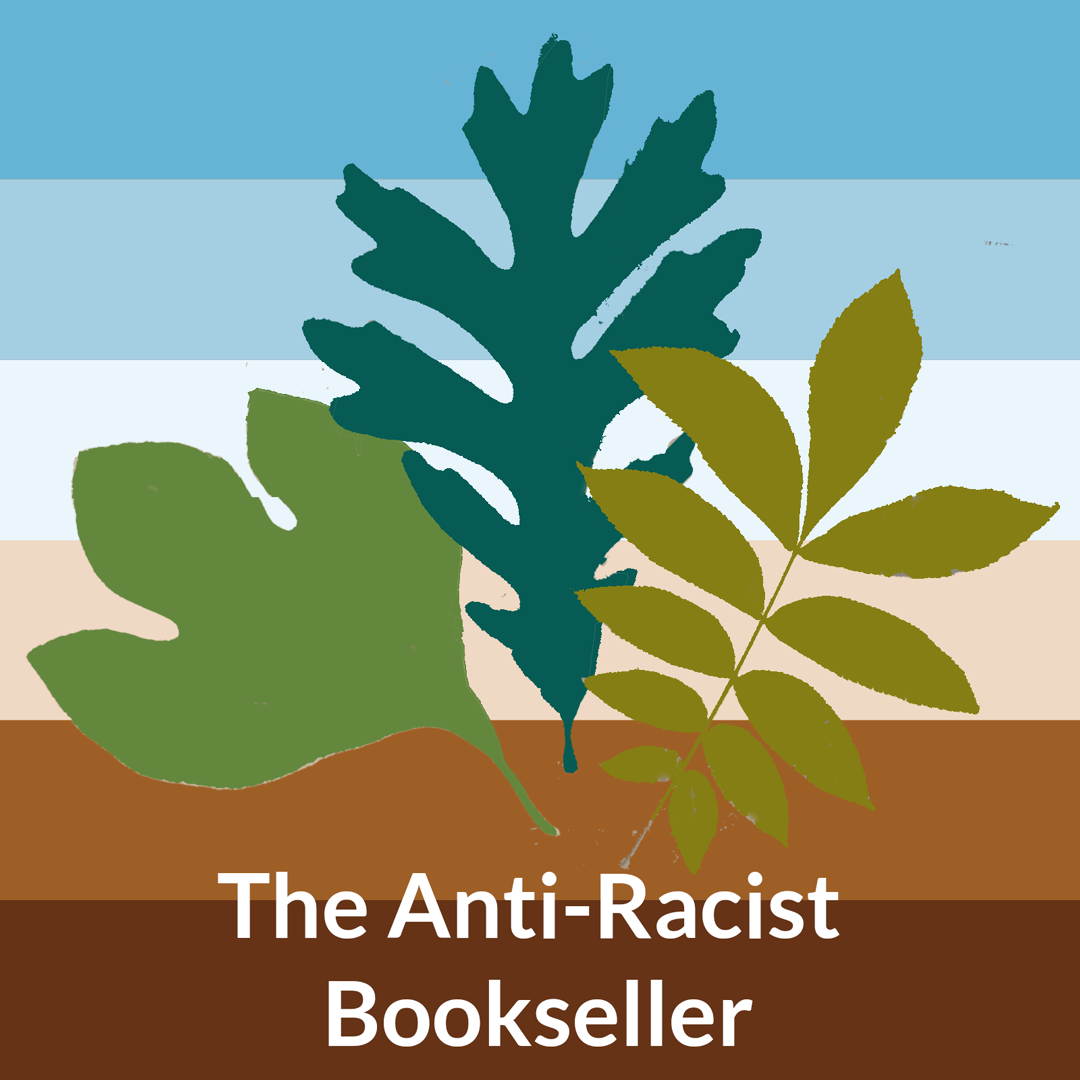 What's in your TBR stack? The Pen Report, Part III:
Challenging Stereotypes in Publishing and Bookselling
What's in your TBR stack? The Pen Report, Part III:
Challenging Stereotypes in Publishing and Bookselling
At the root of the charge that the publishing industry is inequitable is the simple, statistically valid observation that it just does not publish books by writers of color in numbers that in any way reflect the number of people of color in the country:
"According to one analysis, 95 percent of American fiction books published between 1950 and 2018 were written by white people." (Reading Between the Lines: Race, Equity, and Book Publishing)
And yet, the recent census estimates 42% of the country are people of color. The first step to fixing this discrepancy is to increase the number of diverse staff among the "gatekeepers" -- the people who decide what books to publish, the acquisitions scouts, the editors, the imprint publishers, and so on. But it is already well-documented that hiring diverse employees does not magically erase the racist bias in a company's culture. For that to truly change, the people who created it and benefit from it have to change. That means letting go of some assumptions. For example:
1. Writers of color have a smaller, limited audience. This is basically saying that white people won't buy or read books by writers of color because those books aren't about them.
2. On the flip side, the "ideal reader" is always white, even for an author of color. The book won't be a success if it doesn't appeal to white readers.
3. Including one book by an author of color is enough to dispel the perception of bias, while not being much of a commercial risk. Also implied in the "one is enough" rule is the assumption that writers of color only have one kind of story to tell:
"Speaking to The New York Times in December 2020, former Simon & Schuster editor Michael Strother recalled a 2016 meeting at which he tried to authorize a large bid for Angie Thomas's The Hate U Give, which went on to achieve massive commercial success and a Hollywood adaptation. He said he was asked, 'Do we need Angie Thomas if we have Jason Reynolds?'
4. White readers only want to hear one kind of story from writers of color -- a story they have already heard and has already been a commercial success. The people interviewed by the Pen Report used the phrase "identity trap". The Pen Report quoted bookseller Marva Allen of Hueman Books, who said that Black authors who want contracts “have to write about slavery or Black Lives Matter or racism.†Worse, writers of color are expected to write about their trauma and pain because those stories are the easiest for publishers to capitalize on. They understand those stories, and they know how to market those kinds of stories.
"Writers of color often have to struggle with that idea—that something traumatic can then be monetized and that it’s a good thing that something bad happened because it gives you material. There’s a hunger for those stories from writers of color, and that hunger comes from a complicated, politicized place. It gets very difficult for a writer to approach that story and to be able to tell it from a place of your own desire to tell it." --Ingrid Rojas Contreras
When publishers reduce writers to stereotypes of race or ethnicity or identity, they miss or outright erase the complexity of the stories those writers are telling -- complexity which is there because of the simple fact that the writers are human beings, and all human beings are complicated.
The problems caused by the biases of gatekeepers in publishing are also present in the gatekeepers in bookselling; the store owners and book buyers, who decide what books to stock, and store staff, who decide what books to hand to customers. Every bookseller should cast a critical eye over their TBR stack and ask how much the books we read reinforce our own biases, and what books we could be reading that would break those biases down.
Read the full report here